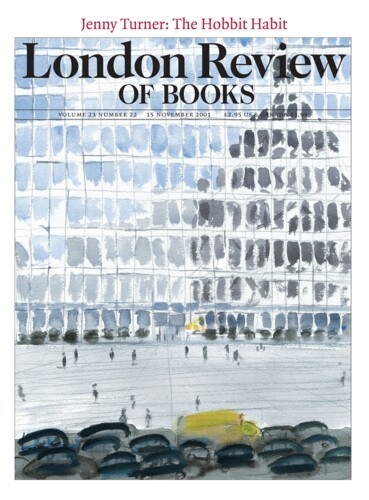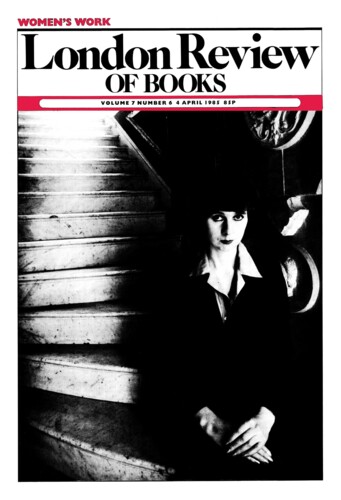Between Jesus and Napoleon: The Paris Conference of 1919
Jonathan Haslam, 15 November 2001
With war in Europe an immediate prospect in July 1914, the young First Lord of the Admiralty, Winston Churchill, felt a tinge of guilt at his growing excitement and ‘hideous fascination’ with the detailed preparation. He caught the mood of the moment. ‘No one can measure the consequences,’ he recorded; ‘we all drift on in a kind of dull cataleptic trance. As if it...


